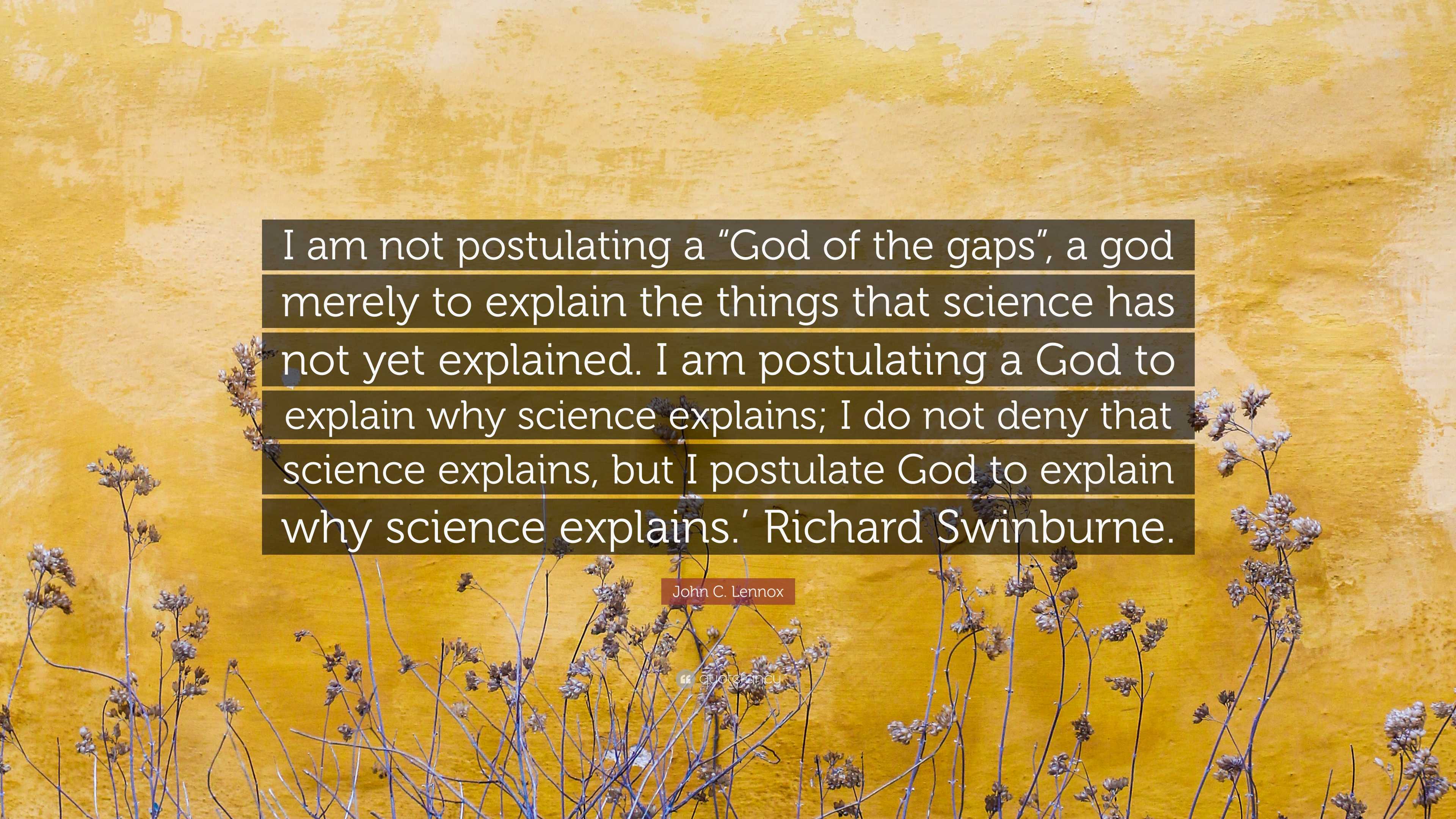The God of the Gaps vs. The God of What We Know

A common criticism leveled against religious belief is that it relies on a "God of the gaps." This is the idea that believers insert God as an explanation only where there are current gaps in scientific knowledge. As science advances, the territory for God supposedly shrinks. Prominent atheists like Lawrence Krauss employ this argument, suggesting that God is an ever-retreating, intellectually lazy placeholder.
While this can be a valid caution against poor arguments, it is a profound mischaracterization of the core theistic arguments based on modern science. The evidence for a Creator is not found in the gaps of our knowledge, but in the very fabric of what we do know.
The Foundation: What We Know About the Universe
The case for a Creator rests on positive evidence, not on ignorance. Consider two established scientific facts:
- The Universe Began to Exist: As established by cosmology and thermodynamics, the universe is not eternal. It began to exist a finite time ago. This is not a "gap"; it is a conclusion based on robust evidence like cosmic expansion and the Second Law of Thermodynamics.
- The Universe is Finely-Tuned for Life: The laws and constants of physics (such as the gravitational constant, the strong nuclear force, and the cosmological constant) are balanced on a razor's edge. If any of these values were altered by an infinitesimal amount, the universe would be incapable of supporting life. This "fine-tuning" is not a mystery within the universe; it is a fundamental characteristic of the universe itself.
The Flaw in the "God of the Gaps" Accusation
Krauss and others argue that invoking God is a failure of scientific curiosity. However, the real "gap" is in materialistic explanations for these foundational truths.
- Materialism cannot explain why the universe exists at all instead of nothing.
- Materialism cannot explain why the laws of physics are so exquisitely calibrated for life.
To sidestep these problems, materialists often resort to their own "gap" explanations, such as the unobservable, untestable multiverse. This is not an explanation derived from evidence, but a metaphysical speculation invented to avoid the implications of the evidence we have. It is, in essence, a "multiverse of the gaps."
A Positive Case from Positive Knowledge
The theistic argument is straightforward:
- Whatever begins to exist has a cause. (A metaphysical principle confirmed by universal experience).
- The universe began to exist. (A scientific fact).
- Therefore, the universe has a cause.
This is not an argument from ignorance. It is an inference to the best explanation based on what we know. Similarly, the fine-tuning of the universe points to a cosmic Designer, not because we don't know how the constants work, but precisely because we do know how they work and understand that any slight change would make life impossible.
Conclusion
The "God of the gaps" is a straw man. The compelling evidence for a Creator comes from the very heart of our scientific understanding: the origin and the astonishingly precise structure of the cosmos. The real intellectual retreat is not from theism, but from a materialistic worldview that must invoke increasingly speculative and unverifiable entities to avoid the simplest and most powerful conclusion: that the universe was designed and brought into being by a transcendent intelligence.